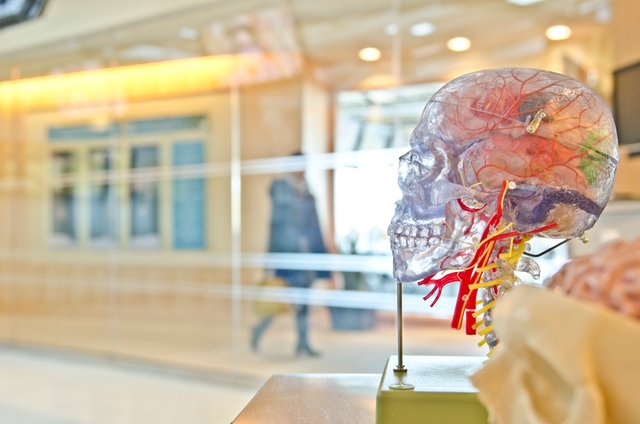Memory Disorders, Assessments and Rehabilitation

Common Memory Disorders
Memory difficulties are often the first and the most prominent sign of an acute or insidious cerebral dysfunction. Some of the common disorders of memory are- Amnesia, Dementia, Parkinson’s disease, Stroke, Traumatic brain injury, Alzheimer’s disease, Huntington’s disease, Agnosia, Korsakoff’s syndrome, and many others.
In the diagnosis of these disorders, it is helpful if the assessments are used. Assessments make the diagnosis accurate.
Assessments
Most of the neuropsychological assessments include the tests of memory and the clinician will select the tests, which will answer the questions that differ according to the context of the referral. All the studies were through descriptions and little attention was given to biological aspect of the brain. But, now the brain process and cognition is studied together to understand the memory better.
The purpose of the assessment is to determine the diagnosis and the performance in the test will help to determine the severity of the functioning and maybe the cause of the impairment. Repeat assessments are required when monitoring the recovery or the decline of memory function. The assessment will help us to target the problem and its severity, which will help us to identify weakness of the individual and hence in planning the rehabilitation program.
Before doing the assessment it is very important that the detailed case history of the client is taken. For memory evaluation, during the clinical interview, it is very important to note about the memory symptoms, which patient/ informant describes during in-take; and an indication of patient’s memory functioning gained from the general information.
Rehabilitation
People with brain-related problems face memory and learning difficulties, although it is possible to reduce the everyday problems, which these people face. Recovery is regarded as resumption of normal life even though there maybe minor neurological and psychological deficits. There are few factors, which affect the recovery, namely, age, cognitive reserve, gender, etc. Sometimes our brain recovers naturally through the process of regeneration or plasticity. It cannot be said that how much recovery will take place. It is possible that memory shows less natural recovery over time than other functions such as language.
For memory, compensation worked better. There are different ways through which memory can be improved:
Compensatory approaches- The method of choice of reducing everyday problems is to teach the patient the compensatory approaches. Several studies show that people with memory impairments can function independently if they are able to use strategies to get around their difficulties. There are evidence to suggest that rehabilitation can improve cognitive functioning.
There was a woman who became amnestic due to neurological problem and she was taught to use a personal organizer (datebook). So, she could write and refer to the book regularly and she could easily monitor her daily events. Over a period of time, she was able to learn the different sections of the book and used to manage her life successfully. After leaving the center, she started working and was then taken on as a paid employee.
Compensatory technique can assist independent living. One other instrument, which can help in number of memory impairments, is NeuroPage. This is an alphanumeric pager, which sends out daily reminders. Studies show that NeuroPage has been a great success in helping the patients to remind events.
Errorless Learning- It is a learning condition, which involves elimination of errors during the process of learning. Techniques of improving learning in memory-impaired people are a major part of rehabilitation.
The elimination of errors can be achieved by variety of means, when we are talking about memory rehabilitation, and these comprises of (i) breaking the task in small and discrete steps; (ii) by providing sufficient models before asking the patient to perform the task; (iii) by encouraging the patient to avoid guessing; (iv) immediately correcting the errors of patient; (v) by reducing the prompts.
It has been studied that people with amnesia learn better if they are prevented from making errors during learning. It is better to avoid the incorrect answer, but if failed then it is important to correct them immediately and not reinforce the response. Though many answers are yet to be answered, it is better to use errorless learning with the clients rather than using the trial-and-error learning, to help them cope in everyday life.
A Holistic Approach- Holistic program addresses the emotional problems along with the cognitive deficits. Many times, the individual with cognitive deficits face psychological problem, like depression. Such programs feature both individual and group therapy, embedded with goal planning approach to reduce emotional and cognitive problems. Long-term goals are those, which should be achieved by the time of elimination of rehabilitation process, whereas short-term goals are the steps taken to reach to long-term goals.
Each long-term goal would require a short-term goal. It is necessary to address cognitive and emotional difficulties. It is required to involve the patient and the family in the process of decision-making. The goals should be such, which are practical and realistic and achievable.
“Intensive, holistic, cognitive rehabilitation is an effective form of rehabilitation particularly for people who have previously been unable to resume community functioning.”
- Cicerone